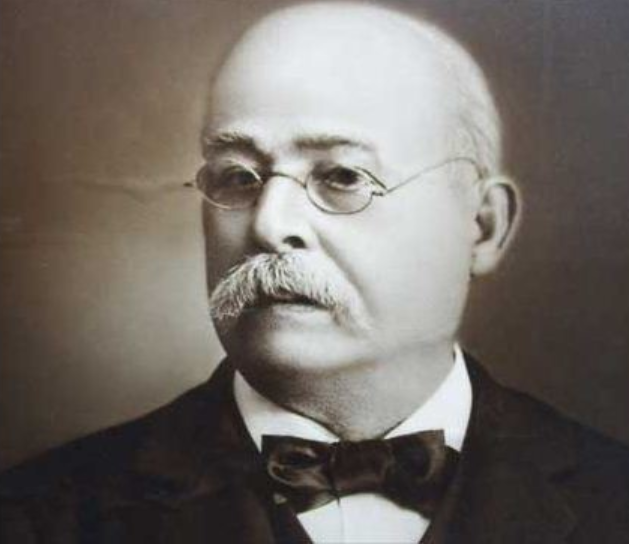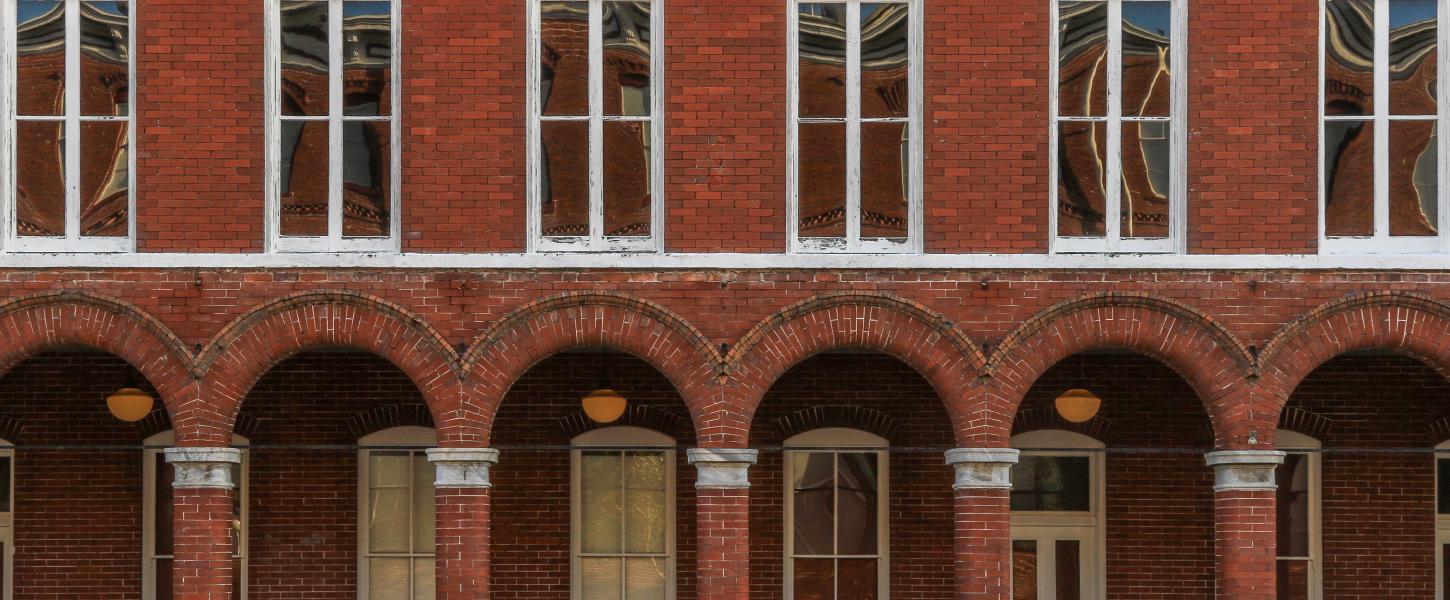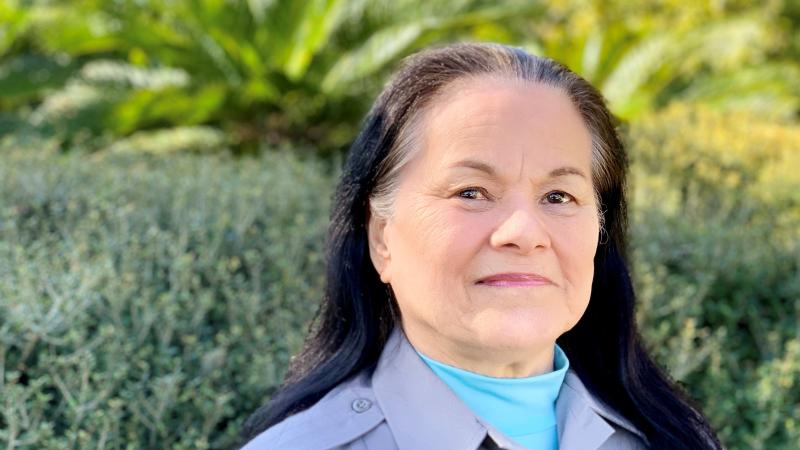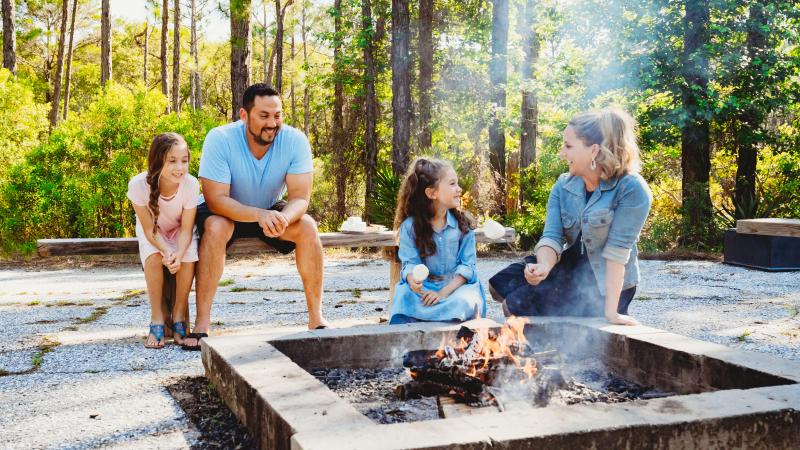
Celebrating Hispanic Heritage Month at Ybor City

Since its early days as a Spanish colony, Florida’s history and culture have always been shaped by its Hispanic roots.
Countless Spanish, Central and South American innovators, artists and community leaders have left their mark on our state, from the vibrant streets of Miami to the Capitol building in Tallahassee.
In honor of National Hispanic Heritage Month from Sept. 15 through Oct. 15, Florida State Parks is honoring the people and traditions of Hispanic Americans.
One of our sites that is rich in Hispanic history is Ybor City Museum State Park in the heart of Tampa’s historic district.
To understand Ybor City, you need to first know its namesake: Vicente Martinez Ybor. Originally from Spain, the man who would become one of Florida’s premier business leaders moved to Cuba when he was 14 to avoid being forced into the Spanish military. It was in Cuba that Ybor learned the cigar business, a development that would alter the course of his life and that of many others.

While running a successful cigar company in Cuba, Martinez Ybor became a stalwart supporter of Cuban independence from Spain. With his family in danger of being arrested for his involvement in the revolution, Martinez Ybor fled to Florida in 1868. Though he initially tried to find success in Key West, Martinez Ybor eventually moved his operation just outside of Tampa in 1885. There he would make his mark by opening what would become the largest cigar factory in the world.
Along with several business partners, Martinez Ybor founded a small company town to support his new factory. Employing many of the immigrants that lived in the area, mostly of Hispanic descent, the newly founded Ybor City grew to a population of over 3,000 residents in just a few years. Known as the cigar capital of the world, the factory produced premium, hand-rolled cigars. Ybor provided his workers with affordable housing and good wages, allowing the small community to flourish.
So great was its success that, in 1888, Ybor City was annexed by Tampa. After Martinez Ybor's death in 1896, the community continued to thrive. Others opened their own businesses like La Joven Francesca Bakery, which now houses the park’s museum. Until the 1930s, Ybor City remained one of the world’s premier producers of Cuban cigars.
Eventually, the cigar industry began to decline. The Great Depression took its toll as did the emergence of cigarettes as an alternative to cigars. Cigar-rolling machines made the process more efficient but also eliminated the need for human labor. Families began to move away as factories in the area closed.
By the end of the 1930s, Ybor City’s boom was over, but its legacy continues today. The community is now a hub of Hispanic culture in Tampa, offering restaurants, shopping, and landmarks dedicated to Cuban and other Latino traditions. And, yes, you can still buy hand-rolled cigars.
Ybor City Museum State Park is proud to preserve the history of one of Florida’s most famous Hispanic communities. Whether visiting the park or one of our other Hispanic heritage sites, join us in celebrating Florida's Hispanic history.


